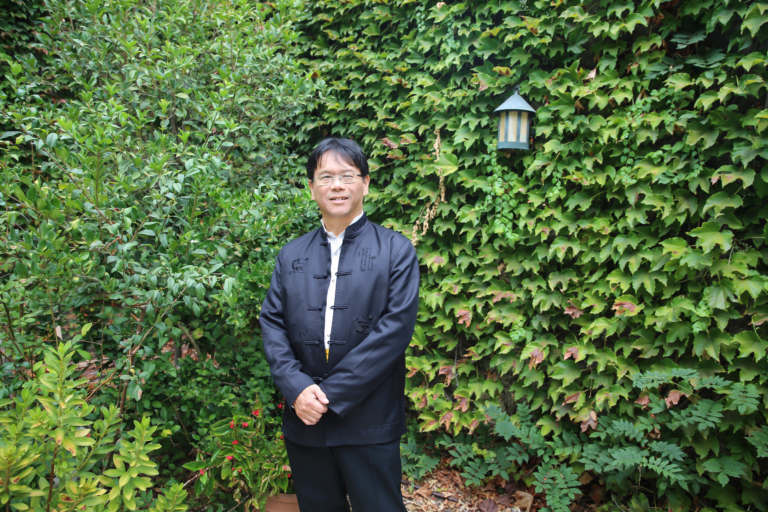This summer, an interdisciplinary team of faculty from the Claremont Colleges will travel to China and Bali to research traditional activities that promote sustainable ecological practices. They received a grant from the LIASE-supported initiative Envirolab Asia, which encourages intellectual exchange between the humanities and social sciences, environmental analysis, and other fields to generate new scholarship about environmental issues in Asia.
“For over a thousand years, the cycle of rice-growing in Bali was managed through water temples and organized in watershed districts, each self-governed by associations of farmers who shared the use of irrigation water for their rice fields. Water from fresh springs and crater lakes flowed through rivers, irrigation ditches, and tunnels, picking up the phosphates of the volcanic rock for natural fertilization. There were two harvests per year. It came down to the mantra, ‘the water flows, the rice grows, the pests move,’” explains Hao Huang, professor of music and Bessie and Cecil Frankel Endowed Chair in Music.
However, guided by the Western agricultural ‘Green Revolution,’ “which has an unhappy hegemonic history in Asia,” says Huang, the Indonesian government was pressured, as a condition of international loans and aid, to convert from the Subak irrigation system to modern Western agricultural practices that relied heavily on the use of fertilizer for high-yield grains. Within a few years, the rice fields were plagued with an enormous pest problem requiring widespread use of poisonous insecticides, and the fertilizer-enfeebled soil yielded less and less, necessitating additional chemical fertilization that polluted water and killed life downstream.
This trend of abandoning local practices in favor of Western ones is what’s taking Huang to Bali and inner Mongolia in the People’s Republic of China (PRC) this summer to take part in an interdisciplinary research project titled “Nature and the Spirit: Sacred Artistic Practices and Ecology in Bali and China.”
During a several-weeks-long fieldwork research trip, Huang and colleagues will interrogate how local, traditional community activities, particularly in the arts, facilitate the promotion of sustainable ecological practices in China and Bali.





